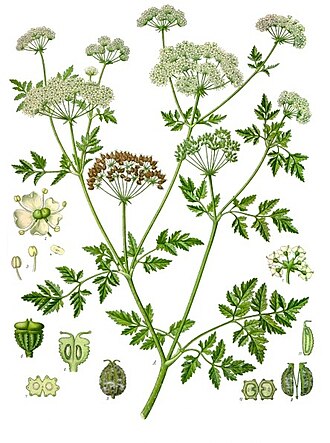Especialidades JA/Flores - Avanzado/Respuestas
1
Para consejos e instrucciones, véase Flores.
2
3
4
Identification keys - also called dichotomous keys - are a series of questions which when answered correctly and in the sequence given reveal the identity of a plant (or animal, or any pretty much other thing that naturalists have studied in the past three of four hundred years).
5
Dar un ejemplo de plantas monoico y dioico. Decir la diferencia entre monocotiledón y dicotiledón.
Perfect and Imperfect
The terms perfect and imperfect as pertaining to flowers relates to their sexuality. Flowers are the sexual organs of a plant, and they may contain male (stamens), female (pistils), or both parts. A plant is said to be perfect if it possesses both male and female equivalent parts. If a flower has only male, or only female structures, it is said to be imperfect.
6
Jesus spoke of the futility of worry:
- Matthew 6:28-30
- "And why do you worry about clothes? See how the lilies of the field grow. They do not labor or spin. 29Yet I tell you that not even Solomon in all his splendor was dressed like one of these. 30If that is how God clothes the grass of the field, which is here today and tomorrow is thrown into the fire, will he not much more clothe you, O you of little faith? - NIV
7
Poison Hemlock
8
8a
8b
8c
We restate the requirements here for your convenience, but for instruction, we ask you to go to the entry on the Flowers honor.
- a. Arrange, draw or photograph a series of at least six flowers showing in order the colors of the rainbow: red, orange, yellow, green, blue, violet.
- b. Submit fresh, pressed or dried flowers which have: five petals, four petals, three petals, no petals.
- c. Distinguish and name two out of five wild or cultivated flowers by their odor, while blindfolded.
- d. List flowers that you have observed being visited for food by the following:
- 1. Birds
- 2. Honeybees
- 3. Bumblebees
- 4. Butterflies
- 5. Moths
- e. Watch a flower for at least ten minutes in the sunshine, and at least ten minutes after dusk, and report on insect visitors. State the number and kind of visitors and name of flower.
References

